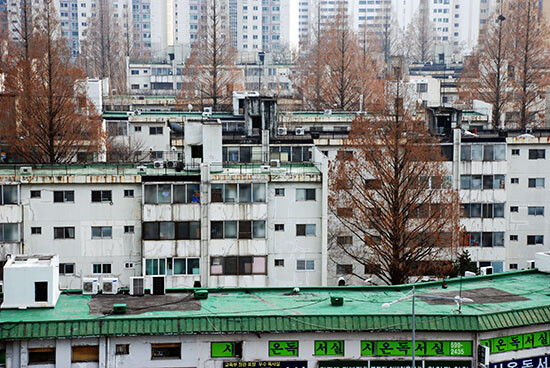
Daejeon, South Korea – In a move to streamline land use around transportation hubs and address long-standing parking issues, Daejeon City has announced a significant expansion of zoning incentives. The city has revised its comprehensive zoning plan, allowing for increased floor area ratios (FAR) and establishing a maximum FAR to encourage public contributions for infrastructure development.
The city has expanded the list of criteria for FAR incentives from nine to twelve, now including provisions for exceeding required parking spaces and incorporating zero-energy building designs. A particularly noteworthy change is the introduction of a new incentive that grants up to a 10% increase in FAR for residential developments that provide more parking spaces than legally mandated. This incentive is expected to encourage private developers to invest in additional parking facilities, thereby alleviating chronic parking shortages.
Furthermore, the city has clarified the regulations governing public contributions, aiming to streamline the process and foster greater participation from private developers. By simplifying the guidelines, the city hopes to enhance the quality of public infrastructure through increased contributions.
To promote the development of affordable housing near transportation hubs, the city has expanded the boundaries of its "Daejeon Dream Town" initiative. This program allows developers to build more housing units in commercial areas near subway stations if they allocate a portion of the development to affordable housing. The new zoning guidelines increase the eligible area for this initiative from 250 meters to 350 meters from subway station entrances, potentially attracting more developers and expanding the supply of affordable housing.
A city official stated, "In line with the government's deregulation policy, we have taken bold steps to revitalize the local economy. This revised zoning plan is expected to significantly improve the quality of life for our residents by addressing parking concerns and promoting the development of affordable housing. We anticipate that this initiative will also inject new energy into the construction industry."
[Copyright (c) Global Economic Times. All Rights Reserved.]




























